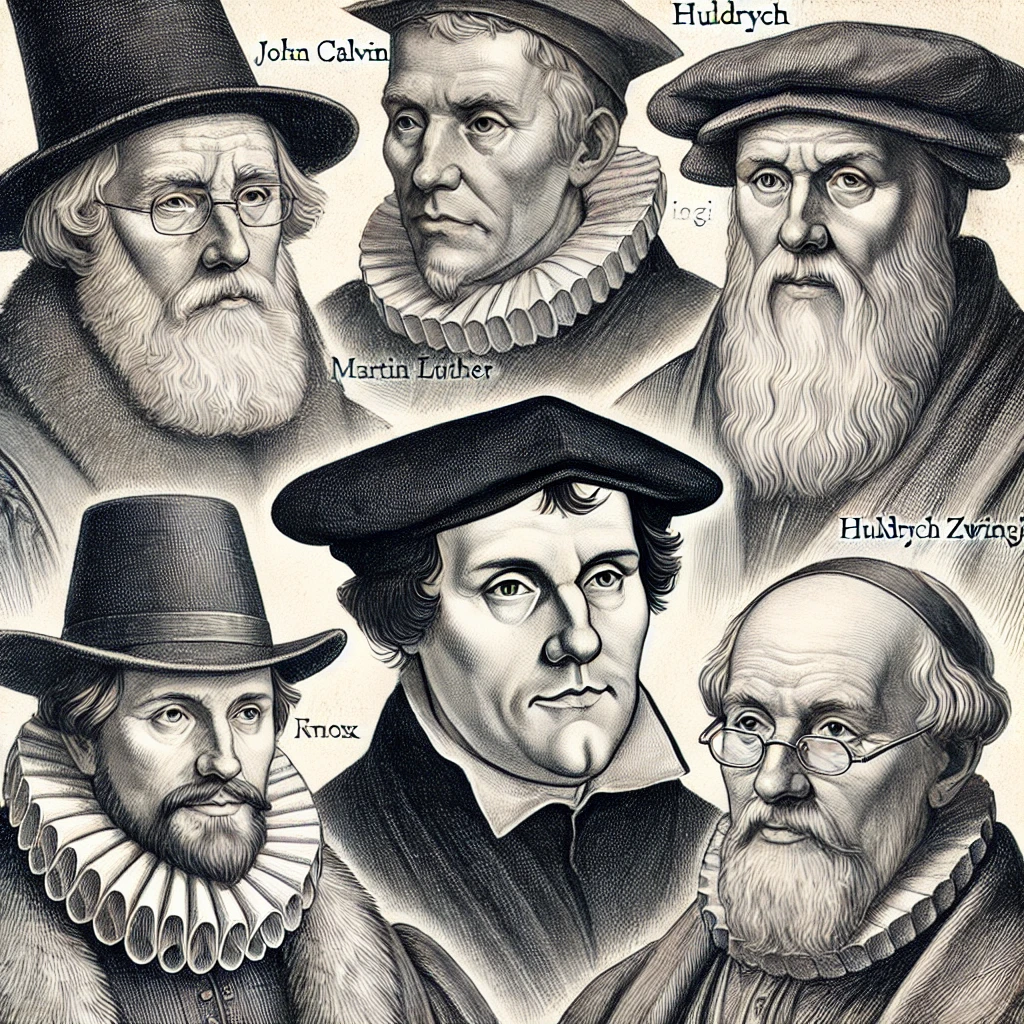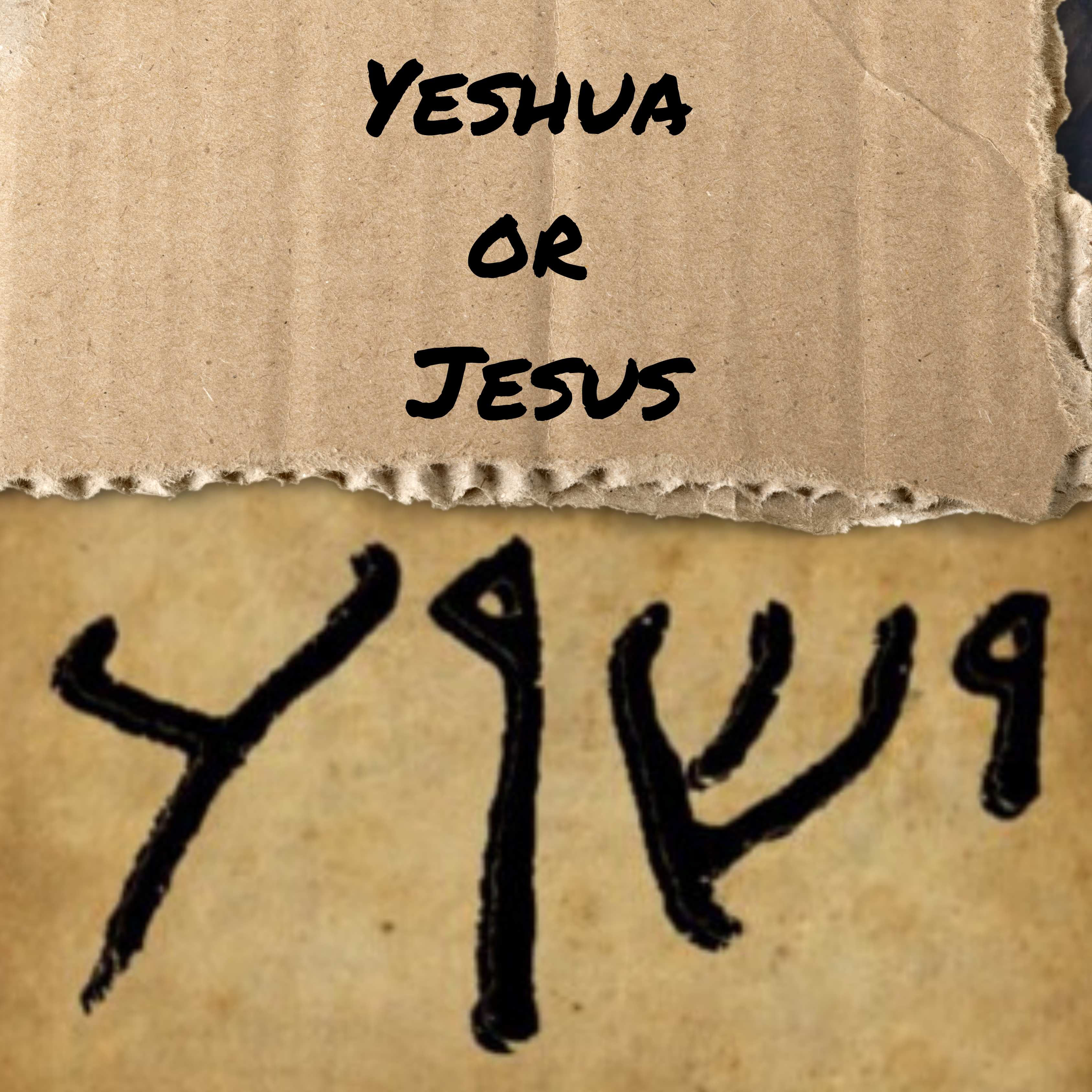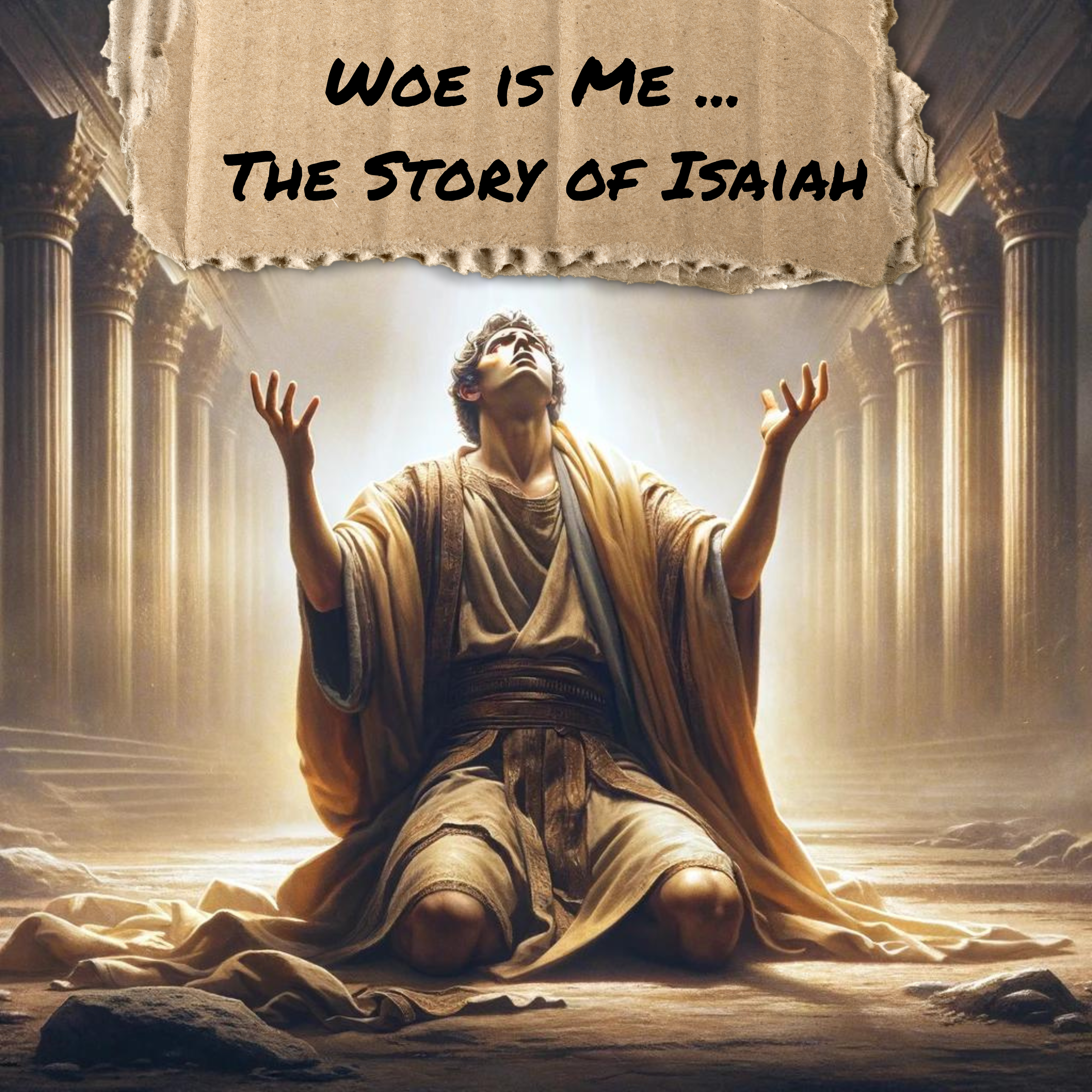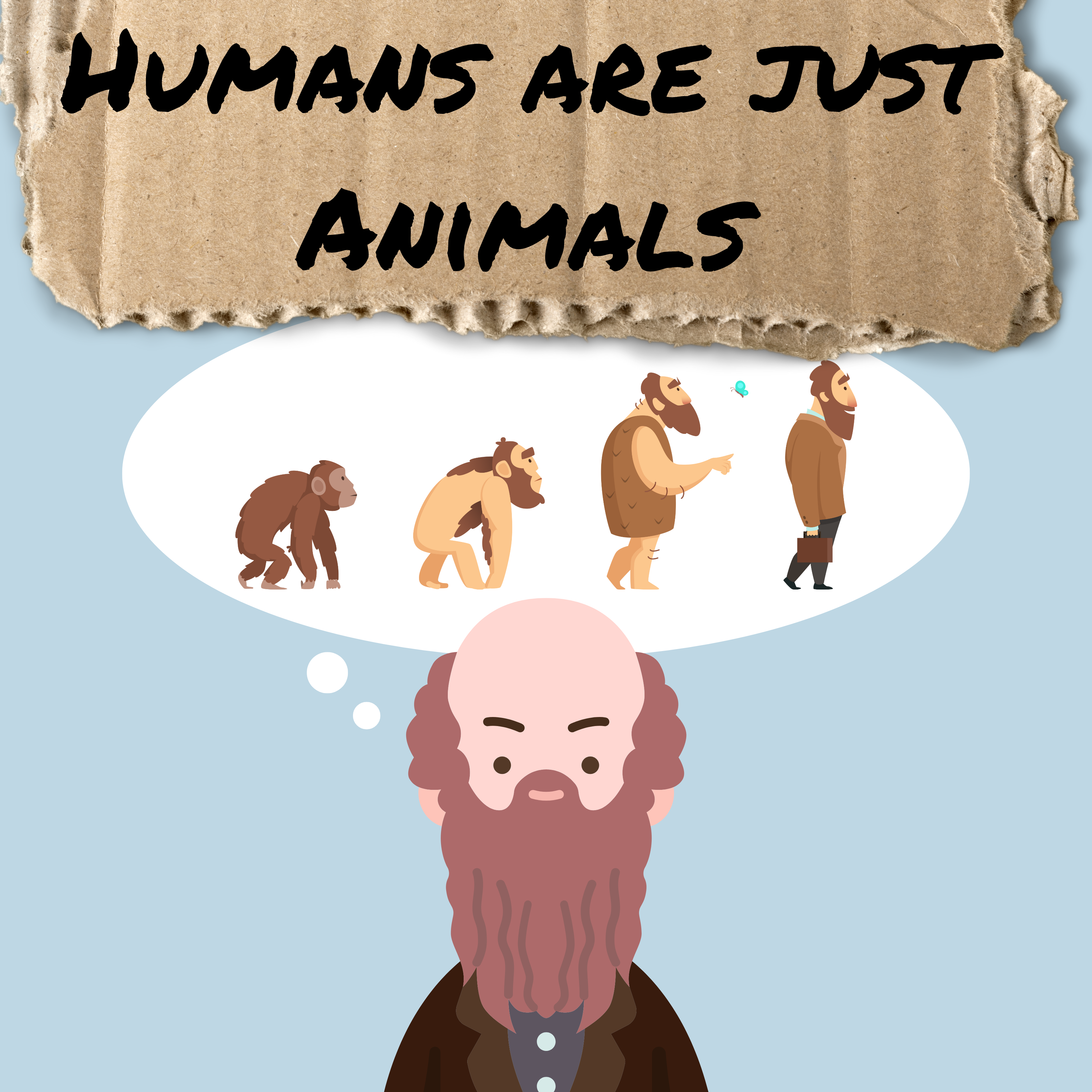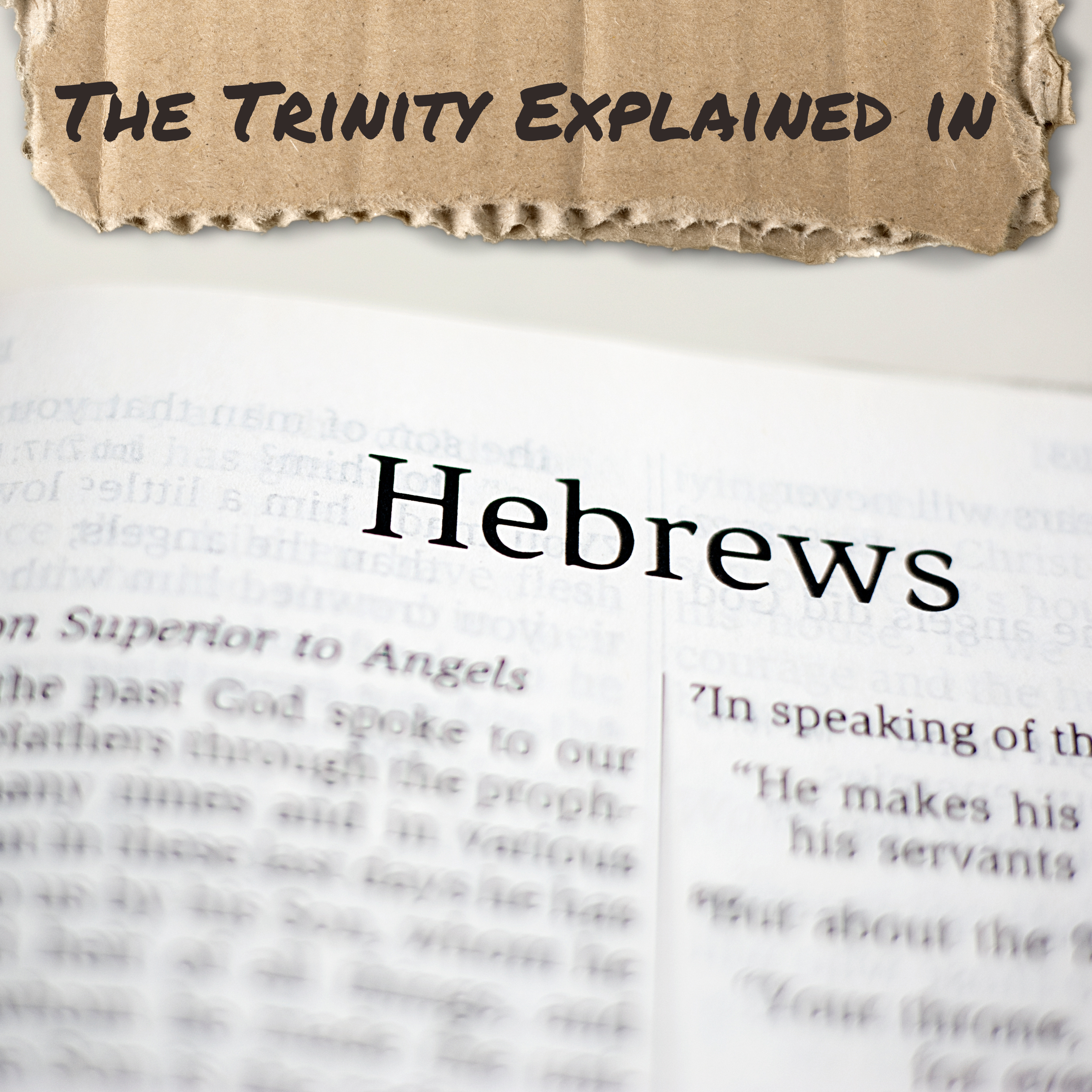
Introduction
The doctrine of the Trinity, the belief in one God in three persons—Father, Son, and Holy Spirit—is central to the Christian faith. While this doctrine is often associated with the New Testament, its roots and implications are deeply embedded throughout the entirety of the Bible. This exploration delves into how the opening chapters of the Book of Hebrews, along with other key Old and New Testament passages, reveal the Trinity. We will examine the distinct roles and unified purpose of the Triune God, their mutual relationships, and the profound implications for believers.
Context of Hebrews
The Book of Hebrews is a profound theological treatise aimed at a Jewish-Christian audience. Its primary purpose is to establish the supremacy of Christ over all things, including angels, Moses, and the Old Covenant. By doing so, it affirms the divinity of Christ and His integral role within the Trinity. Hebrews meticulously presents Jesus as the fulfillment of Old Testament prophecies and the perfect mediator of a new covenant.
The Supremacy of the Son: Hebrews 1
Hebrews 1:1-4 introduces the Son in majestic terms:
“Long ago, at many times and in many ways, God spoke to our fathers by the prophets, but in these last days he has spoken to us by his Son, whom he appointed the heir of all things, through whom also he created the world. He is the radiance of the glory of God and the exact imprint of his nature, and he upholds the universe by the word of his power. After making purification for sins, he sat down at the right hand of the Majesty on high, having become as much superior to angels as the name he has inherited is more excellent than theirs.” (Hebrews 1:1-4 ESV)
God the Father
The passage begins by acknowledging how God (the Father) spoke through the prophets and now speaks through His Son. The Father appoints the Son as heir and Creator. This establishes the authority and preeminence of the Son, while also emphasizing the Father’s role in the divine economy.
God the Son
The Son is described as the radiance of God’s glory and the exact imprint of His nature, affirming His divinity and equality with the Father. The Son upholds the universe and sits at the right hand of the Majesty, indicating His sovereign rule. This passage underscores the Son’s active role in creation and sustenance of the universe, highlighting His divine power and authority.
Implied Presence of the Holy Spirit
Although not explicitly mentioned in these verses, the Holy Spirit’s role is understood in the ongoing revelation and inspiration of Scripture, including the prophets through whom God initially spoke. The Spirit’s work is implicitly recognized in the communication and preservation of God’s Word.
The Eternal Throne: Hebrews 1:8-9
“But of the Son he says, ‘Your throne, O God, is forever and ever, the scepter of uprightness is the scepter of your kingdom. You have loved righteousness and hated wickedness; therefore God, your God, has anointed you with the oil of gladness beyond your companions.'”
The Son Addressed as God
The Father directly addresses the Son as God, confirming the Son’s divine status and eternal reign. This declaration is a powerful affirmation of the Son’s divinity and His rightful place on the eternal throne. The use of Old Testament quotations in this context serves to connect the New Testament revelation with the Hebrew Scriptures, showing the continuity of God’s plan.
Anointing by God
The phrase “therefore God, your God, has anointed you” points to a relationship within the Trinity, where the Father anoints the Son, highlighting their distinct persons and unified purpose. This anointing signifies the Son’s appointment and empowerment for His redemptive mission, reflecting the Father’s approval and the Spirit’s enabling presence.
The Humanity and Divinity of Jesus: Hebrews 2
Hebrews 2 emphasizes both the humanity and divinity of Jesus, further illuminating the Trinitarian relationship:
“Since therefore the children share in flesh and blood, he himself likewise partook of the same things, that through death he might destroy the one who has the power of death, that is, the devil, and deliver all those who through fear of death were subject to lifelong slavery.” (Hebrews 2:14-15 ESV)
Jesus’ Humanity
The Son partook of flesh and blood to identify with humanity fully, emphasizing His incarnation. This act of becoming human underscores the depth of God’s love and His willingness to enter into human suffering and experience. Jesus’ humanity enables Him to be a compassionate and understanding high priest who can empathize with our weaknesses.
Divine Mission
His purpose was to destroy the power of death and deliver humanity, a divine mission orchestrated within the Trinity. This mission reflects the collaborative effort of the Father, Son, and Holy Spirit in accomplishing salvation. The Father’s sending, the Son’s incarnation and atoning sacrifice, and the Spirit’s application of redemption work together in perfect harmony.
The Faithful High Priest: Hebrews 3
In Hebrews 3, Jesus is compared to Moses, but shown to be superior:
“Therefore, holy brothers, you who share in a heavenly calling, consider Jesus, the apostle and high priest of our confession, who was faithful to him who appointed him, just as Moses also was faithful in all God’s house.” (Hebrews 3:1-2 ESV)
Jesus’ Faithfulness
Jesus is described as faithful to the One who appointed Him, highlighting His obedience to the Father’s will. This faithfulness underscores Jesus’ perfect submission and alignment with the Father’s purposes. His faithfulness contrasts with the unfaithfulness of humanity and serves as a model for believers.
High Priest Role
Jesus’ role as high priest indicates His mediatory work, made possible through His unique divine-human nature. As the perfect mediator, Jesus bridges the gap between God and humanity, offering Himself as the ultimate sacrifice and interceding on our behalf. His high priestly role is central to the understanding of His redemptive work and the ongoing application of His sacrifice through the Spirit.
Exploring the Trinity in the Old Testament
While the New Testament provides explicit references to the Trinity, the Old Testament also contains profound insights into this divine mystery. Various passages reveal the triune nature of God through the distinct roles and interactions of the Father, Son, and Holy Spirit.
Genesis 1:1-3
The opening verses of Genesis provide a foundational glimpse into the Trinity’s involvement in creation:
“In the beginning, God created the heavens and the earth. The earth was without form and void, and darkness was over the face of the deep. And the Spirit of God was hovering over the face of the waters. And God said, ‘Let there be light,’ and there was light.” (Genesis 1:1-3 ESV)
The Creator God
God (the Father) is presented as the Creator who initiates the creation of the universe. This act of creation establishes God’s sovereignty and power over all things.
The Spirit of God
The Spirit of God is described as hovering over the waters, indicating His active presence in the creation process. The Hebrew word for “hovering” conveys a sense of protective and sustaining activity, highlighting the Spirit’s role in bringing order and life to creation.
The Word of God
God’s command, “Let there be light,” represents the Word of God (the Son), through whom all things were made. The New Testament identifies Jesus as the Word (Logos) who was with God in the beginning and through whom all things were created (John 1:1-3). This passage reveals the collaborative work of the Trinity in creation, with the Father initiating, the Son executing, and the Spirit sustaining.
Genesis 18:1-2
The appearance of three visitors to Abraham in Genesis 18 is another intriguing passage:
“And the Lord appeared to him by the oaks of Mamre, as he sat at the door of his tent in the heat of the day. He lifted up his eyes and looked, and behold, three men were standing in front of him. When he saw them, he ran from the tent door to meet them and bowed himself to the earth.” (Genesis 18:1-2 ESV)
The Divine Visitors
While this passage does not explicitly identify the visitors as the Trinity, many theologians see a possible foreshadowing of the triune nature of God. The three visitors, who later reveal themselves as the Lord, engage with Abraham in a way that suggests a divine encounter. The use of plural language (“three men”) and singular actions (“the Lord appeared”) hints at the complexity of God’s nature.
Isaiah 48:12-16
Isaiah 48 provides another glimpse into the Trinity:
“Listen to me, O Jacob, and Israel, whom I called! I am he; I am the first, and I am the last. My hand laid the foundation of the earth, and my right hand spread out the heavens; when I call to them, they stand forth together. Assemble, all of you, and listen! Who among them has declared these things? The Lord loves him; he shall perform his purpose on Babylon, and his arm shall be against the Chaldeans. I, even I, have spoken and called him; I have brought him, and he will prosper in his way. Draw near to me, hear this: from the beginning I have not spoken in secret, from the time it came to be I have been there. And now the Lord God has sent me, and his Spirit.” (Isaiah 48:12-16 ESV)
The Speaker (The Son)
The passage begins with a divine declaration from a speaker who identifies Himself as the First and the Last, a title denoting eternal existence and sovereignty. This speaker claims
responsibility for creation, reinforcing His identity as God. This identification aligns with the descriptions of Christ in Revelation as the Alpha and Omega (Revelation 1:17-18, 22:13).
The Lord God (The Father)
The one who sends the speaker is identified as “the Lord God.” This aligns with the understanding of the Father, who sends the Son. The distinction between the speaker and the sender indicates a relational dynamic within the Godhead.
His Spirit (The Holy Spirit)
The mention of “his Spirit” adds a third person to the divine narrative, highlighting the Spirit’s role in the divine mission. This passage encapsulates the unity and distinctiveness of the Trinity, with the Father sending the Son and the Spirit empowering the mission.
Proverbs 8:22-31
Proverbs 8 personifies wisdom, often interpreted as a reference to Christ:
“The Lord possessed me at the beginning of his work, the first of his acts of old. Ages ago I was set up, at the first, before the beginning of the earth. When there were no depths I was brought forth, when there were no springs abounding with water. Before the mountains had been shaped, before the hills, I was brought forth, before he had made the earth with its fields, or the first of the dust of the world. When he established the heavens, I was there; when he drew a circle on the face of the deep, when he made firm the skies above, when he established the fountains of the deep, when he assigned to the sea its limit, so that the waters might not transgress his command, when he marked out the foundations of the earth, then I was beside him, like a master workman, and I was daily his delight, rejoicing before him always, rejoicing in his inhabited world and delighting in the children of man.” (Proverbs 8:22-31 ESV)
Wisdom Personified (The Son)
This passage describes wisdom as a co-worker with God in creation, reflecting the New Testament portrayal of Christ as the wisdom and power of God (1 Corinthians 1:24). The imagery of wisdom being present and active during creation aligns with the role of the Son in the creative process.
The Angel of the Lord
In several Old Testament passages, the Angel of the Lord appears and speaks with divine authority. These appearances are often interpreted as pre-incarnate manifestations of Christ, providing further evidence of the Trinity in the Old Testament.
Exodus 3:2-6
“And the angel of the Lord appeared to him in a flame of fire out of the midst of a bush. He looked, and behold, the bush was burning, yet it was not consumed. And Moses said, ‘I will turn aside to see this great sight, why the bush is not burned.’ When the Lord saw that he turned aside to see, God called to him out of the bush, ‘Moses, Moses!’ And he said, ‘Here I am.’ Then he said, ‘Do not come near; take your sandals off your feet, for the place on which you are standing is holy ground.’ And he said, ‘I am the God of your father, the God of Abraham, the God of Isaac, and the God of Jacob.’ And Moses hid his face, for he was afraid to look at God.” (Exodus 3:2-6 ESV)
Divine Presence
The Angel of the Lord appears to Moses in the burning bush and identifies Himself as God. This encounter reveals the presence of the divine in a tangible and approachable form, prefiguring the incarnation of Christ.
The New Testament Revelation of the Trinity
The New Testament provides explicit and detailed revelation of the Trinity, building on the foundations laid in the Old Testament. Key passages illuminate the distinct roles and relationships within the Godhead, affirming the doctrine of the Trinity.
The Baptism of Jesus: Matthew 3:16-17
“And when Jesus was baptized, immediately he went up from the water, and behold, the heavens were opened to him, and he saw the Spirit of God descending like a dove and coming to rest on him; and behold, a voice from heaven said, ‘This is my beloved Son, with whom I am well pleased.'” (Matthew 3:16-17 ESV)
The Son (Jesus)
Jesus, the Son, is baptized by John the Baptist, initiating His public ministry. This act of obedience and submission marks the beginning of His redemptive mission.
The Spirit
The Spirit of God descends upon Jesus in the form of a dove, anointing and empowering Him for His ministry. This visible manifestation of the Spirit signifies divine approval and presence.
The Father
A voice from heaven, identified as the Father, declares His pleasure in His beloved Son. This affirmation highlights the relational dynamic within the Trinity, with the Father expressing His love and approval of the Son.
The Great Commission: Matthew 28:19-20
“Go therefore and make disciples of all nations, baptizing them in the name of the Father and of the Son and of the Holy Spirit, teaching them to observe all that I have commanded you. And behold, I am with you always, to the end of the age.” (Matthew 28:19-20 ESV)
The Triune Name
Jesus commands His disciples to baptize in the name of the Father, the Son, and the Holy Spirit. This formula encapsulates the unified yet distinct nature of the Trinity, affirming the equal authority and importance of each person.
The Mission
The Great Commission emphasizes the collaborative work of the Trinity in the mission of the church. The Father sends, the Son commissions, and the Spirit empowers the disciples to make disciples of all nations.
The Upper Room Discourse: John 14-16
In His farewell discourse, Jesus provides profound insights into the Trinity’s work and relationships.
John 14:16-17
“And I will ask the Father, and he will give you another Helper, to be with you forever, even the Spirit of truth, whom the world cannot receive, because it neither sees him nor knows him. You know him, for he dwells with you and will be in you.” (John 14:16-17 ESV)
The Son (Jesus)
Jesus promises to ask the Father to send another Helper, indicating His intercessory role. His departure does not leave the disciples orphaned but ensures the continued presence of God through the Spirit.
The Father
The Father responds to the Son’s request by sending the Helper, the Holy Spirit. This act demonstrates the Father’s provision and care for the disciples.
The Spirit
The Holy Spirit, the Helper, will dwell with and in the disciples, guiding them into all truth. The Spirit’s indwelling presence ensures the ongoing work of God in the lives of believers.
John 16:13-15
“When the Spirit of truth comes, he will guide you into all the truth, for he will not speak on his own authority, but whatever he hears he will speak, and he will declare to you the things that are to come. He will glorify me, for he will take what is mine and declare it to you. All that the Father has is mine; therefore I said that he will take what is mine and declare it to you.” (John 16:13-15 ESV)
The Spirit’s Role
The Spirit of truth will guide the disciples into all truth, speaking on the authority of the Father and the Son. The Spirit’s role is to glorify the Son and declare what belongs to the Father and the Son.
The Father’s Possessions
Everything that belongs to the Father is shared with the Son, and the Spirit reveals these truths to the disciples. This passage underscores the unity and mutual indwelling of the Trinity, with each person working together to reveal and accomplish God’s purposes.
The Epistles and the Trinity
The writings of Paul and other apostles further elaborate on the doctrine of the Trinity, providing theological depth and practical implications for believers.
Ephesians 1:3-14
Paul’s opening doxology in Ephesians 1 highlights the Trinitarian work in salvation:
“Blessed be the God and Father of our Lord Jesus Christ, who has blessed us in Christ with every spiritual blessing in the heavenly places, even as he chose us in him before the foundation of the world, that we should be holy and blameless before him. In love he predestined us for adoption to himself as sons through Jesus Christ, according to the purpose of his will, to the praise of his glorious grace, with which he has blessed us in the Beloved. In him we have redemption through his blood, the forgiveness of our trespasses, according to the riches of his grace, which he lavished upon us, in all wisdom and insight making known to us the mystery of his will, according to his purpose, which he set forth in Christ as a plan for the fullness of time, to unite all things in him, things in heaven and things on earth. In him we have obtained an inheritance, having been predestined according to the purpose of him who works all things according to the counsel of his will, so that we who were the first to hope in Christ might be to the praise of his glory. In him you also, when you heard the word of truth, the gospel of your salvation, and believed in him, were sealed with the promised Holy Spirit, who is the guarantee of our inheritance until we acquire possession of it, to the praise of his glory.” (Ephesians 1:3-14 ESV)
The Father
The Father is the source of every spiritual blessing, choosing and predestining believers for adoption as His children. His will and purpose drive the entire redemptive plan.
The Son
The Son, Jesus Christ, is the
means of redemption through His blood, providing forgiveness and revealing the mystery of God’s will. In Him, believers receive an inheritance and are united with all things.
The Holy Spirit
The Holy Spirit seals believers, guaranteeing their inheritance until they acquire full possession of it. The Spirit’s presence is a foretaste and assurance of the future consummation of salvation.
Philippians 2:5-11
Paul’s hymn in Philippians 2 celebrates the incarnation and exaltation of Christ:
“Have this mind among yourselves, which is yours in Christ Jesus, who, though he was in the form of God, did not count equality with God a thing to be grasped, but emptied himself, by taking the form of a servant, being born in the likeness of men. And being found in human form, he humbled himself by becoming obedient to the point of death, even death on a cross. Therefore God has highly exalted him and bestowed on him the name that is above every name, so that at the name of Jesus every knee should bow, in heaven and on earth and under the earth, and every tongue confess that Jesus Christ is Lord, to the glory of God the Father.” (Philippians 2:5-11 ESV)
The Son’s Humility
Jesus, though equal with God, humbled Himself by becoming human and obedient to death on a cross. His incarnation and sacrificial death highlight His willingness to serve and save humanity.
The Father’s Exaltation
In response to the Son’s obedience, the Father highly exalts Him, bestowing the highest name and commanding universal worship. This exaltation underscores the mutual glorification within the Trinity.
Implications for Believers
Understanding the Trinity as revealed in Hebrews and other biblical passages enriches our faith by:
Deepening Worship
Recognizing the divine majesty and unity within the Trinity enhances our worship and adoration of God. Each person of the Trinity plays a distinct yet harmonious role in creation, redemption, and ongoing relationship with believers. This understanding invites us to offer holistic worship that honors the Father, Son, and Holy Spirit.
Assurance of Salvation
The cooperative work of the Trinity in our salvation provides assurance and confidence in God’s redemptive plan. The Father’s love, the Son’s sacrifice, and the Spirit’s indwelling presence guarantee the believer’s secure and eternal relationship with God. This assurance fosters a deep sense of peace and trust in God’s faithfulness.
Model for Community
The relational harmony within the Trinity serves as a model for Christian community and relationships, emphasizing love, unity, and purpose. Believers are called to reflect the self-giving love and mutual support seen in the Trinity, fostering a community that honors God and serves others.
Empowerment for Mission
The Great Commission, rooted in the Trinity, empowers believers for mission. The Father sends, the Son commissions, and the Spirit empowers the church to make disciples of all nations. Understanding this Trinitarian foundation motivates and equips believers to participate in God’s redemptive mission.
Conclusion
Hebrews 1-3, along with other key biblical passages, offers a profound revelation of the Trinity, portraying the distinct yet unified roles of the Father, Son, and Holy Spirit. This exploration affirms the divinity of Jesus and invites believers to marvel at the harmonious work of the Triune God in creation, revelation, and redemption. As we delve into these chapters, may we be drawn into deeper worship and greater appreciation of the mystery and majesty of the Trinity, recognizing its implications for our faith, worship, community, and mission.

